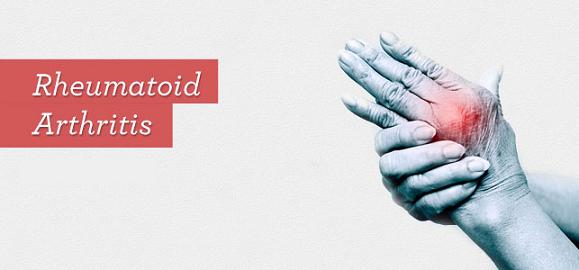 Arthritis is a cruel straitjacket. If you’re ever seen people hobbling on bad hips or bum knees or struggling to simply butter toast with stiff, achy fingers, you know how this disease can interfere with life. But osteoarthritis–in in which the shock-absorbing cartilage between joint bones wears away–isn’t inevitable. For osteoarthritis, cartilage breakdown, injuries, extra weight, genetics, and muscle weakness can all contribute. Over time, cartilage may ear through in spots so that bones rub against each other, creating intense pain. Rheumatoid arthritis happens when your immune system attacks the lining of your joints, leading to intense pain, swelling, and joint deformities.
Arthritis is a cruel straitjacket. If you’re ever seen people hobbling on bad hips or bum knees or struggling to simply butter toast with stiff, achy fingers, you know how this disease can interfere with life. But osteoarthritis–in in which the shock-absorbing cartilage between joint bones wears away–isn’t inevitable. For osteoarthritis, cartilage breakdown, injuries, extra weight, genetics, and muscle weakness can all contribute. Over time, cartilage may ear through in spots so that bones rub against each other, creating intense pain. Rheumatoid arthritis happens when your immune system attacks the lining of your joints, leading to intense pain, swelling, and joint deformities.
Pain, stiffness, tenderness, and swelling in joints. Osteoarthritis most often affects the knees, hips, hands, and spine. Rheumatoid arthritis usually begins in small joints in the hands and feet, then spread to larger joints. In addition to pain and swelling, rheumatoid arthritis can cause fever, tiredness, and weight loss. If you have a type of knee arthritis in which the wear and tear is harming the middle of your joint – called medial-knee arthritis – special insoles could help. Lateral-wedge insoles are thinnest at your instep and yours widest at the outer edge of your foot, realigning your feet and your lower legs in a way that can reduce some of the twisting that wears down knee joints. Your doctor can tell you which type you have. Everything from genetics to joint injuries to age-related changes in cartilage-protecting enzymes plays a role. But there’s plenty of evidence that you can cut your risk significantly with the simple, proven strategies here.
Lose Weight
Are you carrying a spare tire, saddlebags, or “junk in the trunk”? Here’s one more reason to shed a few pounds: you’ll put less pressure on your joints thereby lower risk your arthritis. Australian researchers say that osteoarthritis risk goes up 36 percent for every 11 pounds over your healthy weight range. Lose just 1 pound, on the other hand, and you’ll put 4 pounds less stress on your knees. Losing 11 pounds if you’re obese can cut your odds of developing arthritis over the next 10 years by whooping 50 percent.
Losing weight benefits not only your knees but your hips, too. When Harvard Medical School researchers checked the weight and health histories of 568 women with osteoarthritis, they found that women with higher body weight were twice as likely to need hip replacement surgery.